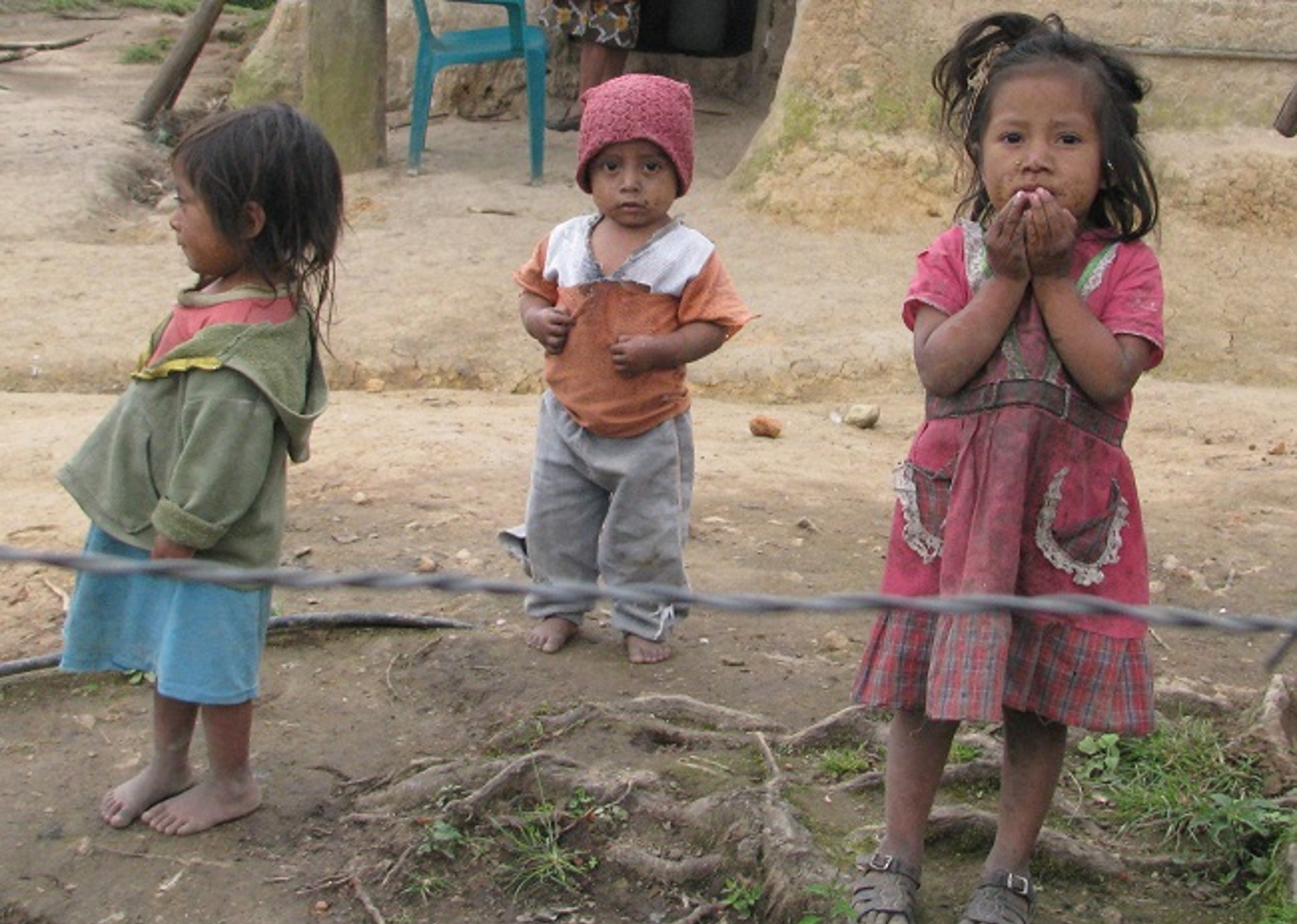
Very recent Declarations from both the International Coffee Organization and International Cocoa Organization focus on the need to help farmers get to a decent standard of living.
Leading companies are grappling with what their responsibility toward a “Living Income” might mean. As several groups start to address the issue, some of the most advanced and long standing work is being done by the Living Income Community of Practice (LICOP). With GIZ support, COSA is collaborating with the Royal Tropical Institute (KIT), ISEAL Alliance, Sustainable Food Lab (SFL), and the LICOP to create pragmatic living income solutions. We’ll go into the most recent advances and the tough questions in a coming article.
One of these hard questions examines the private sector’s role. SFL’s Stephanie Daniels and ISEAL’s Kristen Komives explain just how challenging this can be for businesses: “there is a debate ongoing whether having farmer suppliers in extreme poverty constitutes a human rights violation. Civil Society argues strongly yes.” So, following the strong trend to businesses being responsible for human rights abuses in their supply chains, then how should managers and Board directors address this?
Some major companies are already moving. Mars, ABINbev and Danone have joined with Oxfam and Wageningen University to launch a Farmer Income Lab addressing poverty across their supply chains. Daniels and Komives tell us that others are encouraging an ‘income ladder’ approach, which lays out pathways toward living income, recognizing that there may be some circumstances in which farmers cannot make a living income from agriculture alone.
With LICOP and others, important details are being worked out. What seems certain is that the issue will be important, especially for consumer-facing brands and the increasing number of companies that are committed to being fully ethical.






Leave A Comment